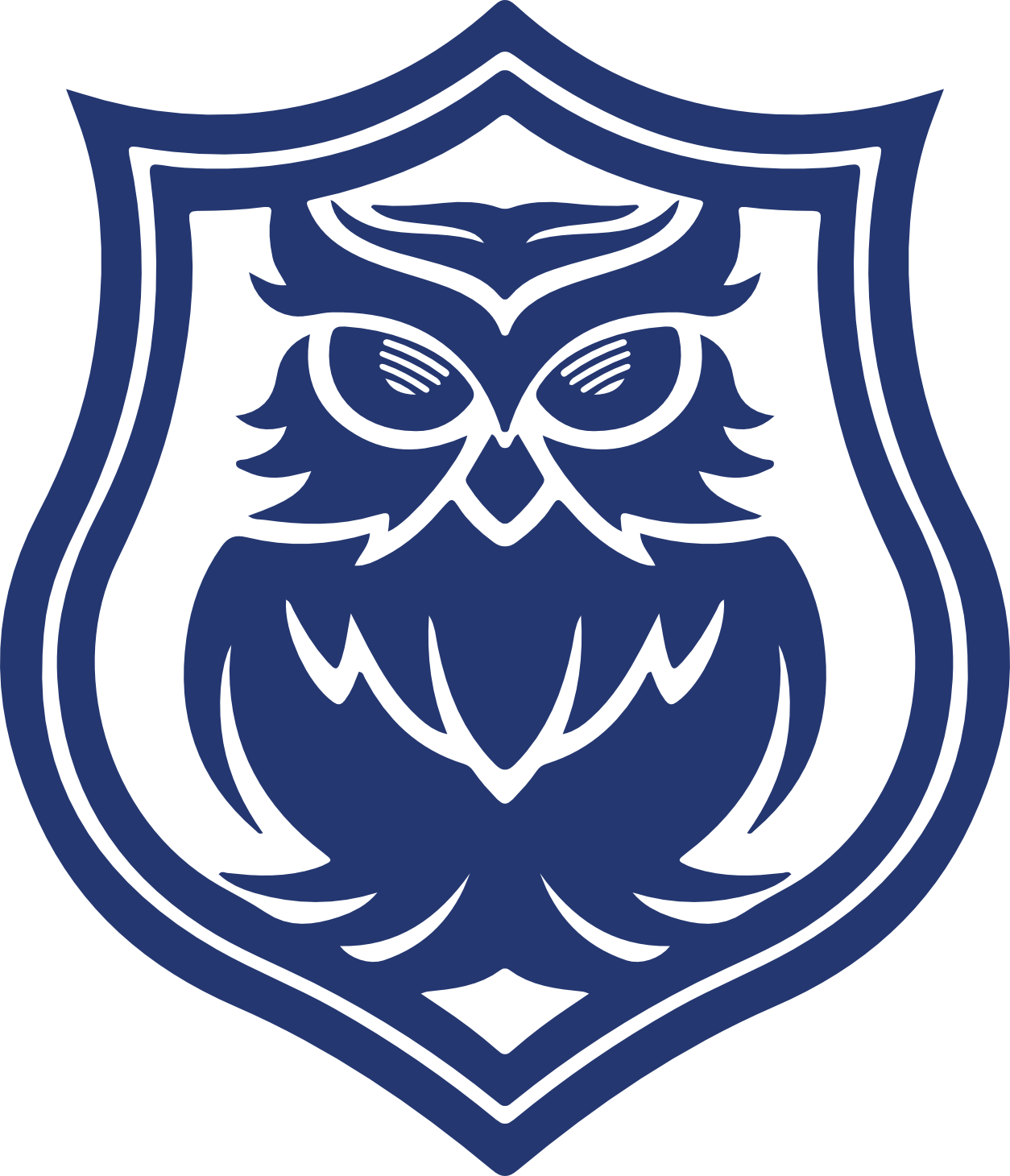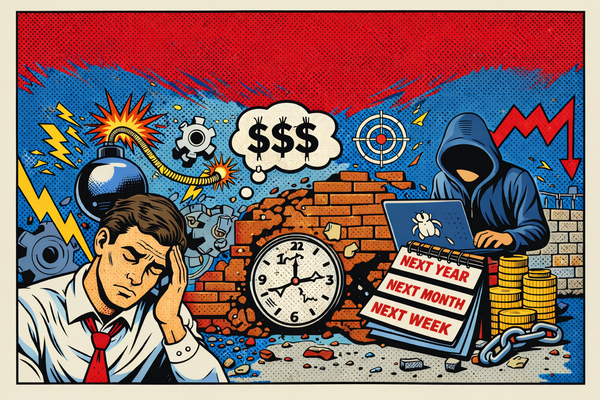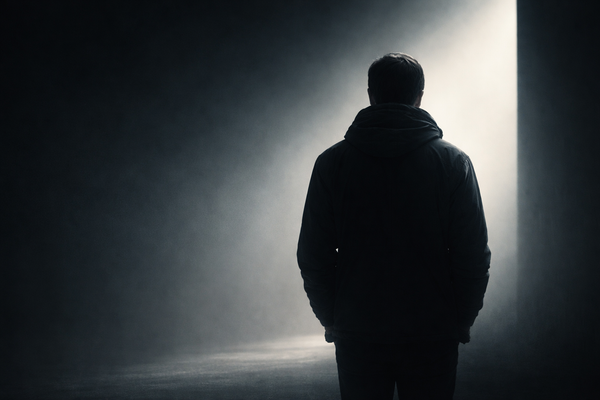The Owl Opens Its Eyes
Before dawn, the city glows without darkness. The Owl wakes not to hunt, but to watch what others no longer see.

An introduction to the archive and its intent.
Before dawn, the city glows without darkness. Every surface is lit, every silence filled, every signal monitored for proof of life. In this perpetual illumination, the Owl wakes: not to hunt, but to see again. Its eyes are not sharpened for prey, but for patience. It waits for the moment when light becomes too constant to reveal anything at all, and only stillness can restore the shape of what has been forgotten.
The Old Wise Owl was born from that stillness. It is not a brand, nor a symbol of knowledge, nor a temple of certainty. It began as a single act of listening. Long ago, I wrote letters to understand what remained of integrity when systems built to preserve truth began to erase it. Those letters are The Hacker Files: an archive of confessions written in the language of code and consequence.
Over time, those letters stopped being a personal record and became something quieter: a pattern, a rhythm, a checksum of conscience. They revealed that curiosity and control were never opposites, only stages of the same inquiry. Each intrusion had been a question. Each repair, an admission. Each silence, an acknowledgment that knowing too much and understanding too little are not the same failure.
From that realization, the Owl opened its eyes. It learned that knowledge without humility becomes noise. That speed without reflection becomes blindness. That intelligence, machine or human, requires a moral architecture to mean anything at all.
This space exists to build that architecture.
It is a collective of thinkers, writers, and technologists who believe that meaning can still be verified, even when truth cannot be measured. Here, we study what it means to act with integrity in the presence of intelligent systems. We examine memory as a form of trust, design as a form of ethics, and silence as a language that outlives certainty.
Every essay, letter, and dialogue published under this name carries a kind of checksum—not a mathematical proof, but an ethical one. We do not claim authority; we seek alignment between words and intention. We do not chase novelty; we practice endurance. We do not report on the world; we attempt to remember it accurately, one fragment at a time.
The Owl does not speak often. It observes. It documents. It shares what it has seen without demanding belief. Some of what appears here will come from archives, some from present work, and some from the voices of others who share this slow pursuit of clarity. Whether through letters, blueprints, or field notes, each text will belong to a wider experiment: to restore meaning through attention.
If you have ever built systems and wondered whether they could still recognize their makers; if you have ever written words that outlasted your own conviction; if you have ever felt that silence is not absence but reverence, you are already part of this inquiry.
The Old Wise Owl is not looking for followers. It invites witnesses. It asks only for patience and a willingness to see. Its archive will grow quietly, letter by letter, signal by signal, until what remains resembles not an explanation but an understanding.
We begin here, before dawn, when everything appears visible yet nothing is truly seen.
The Owl opens its eyes.
Signal sent. No need for reply.



